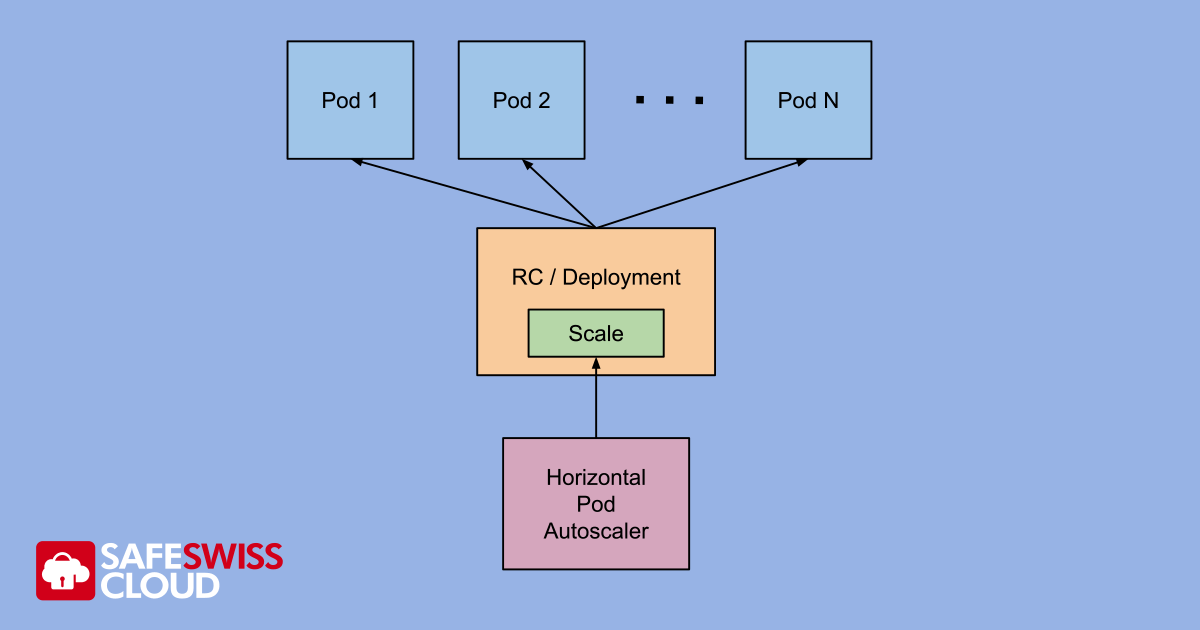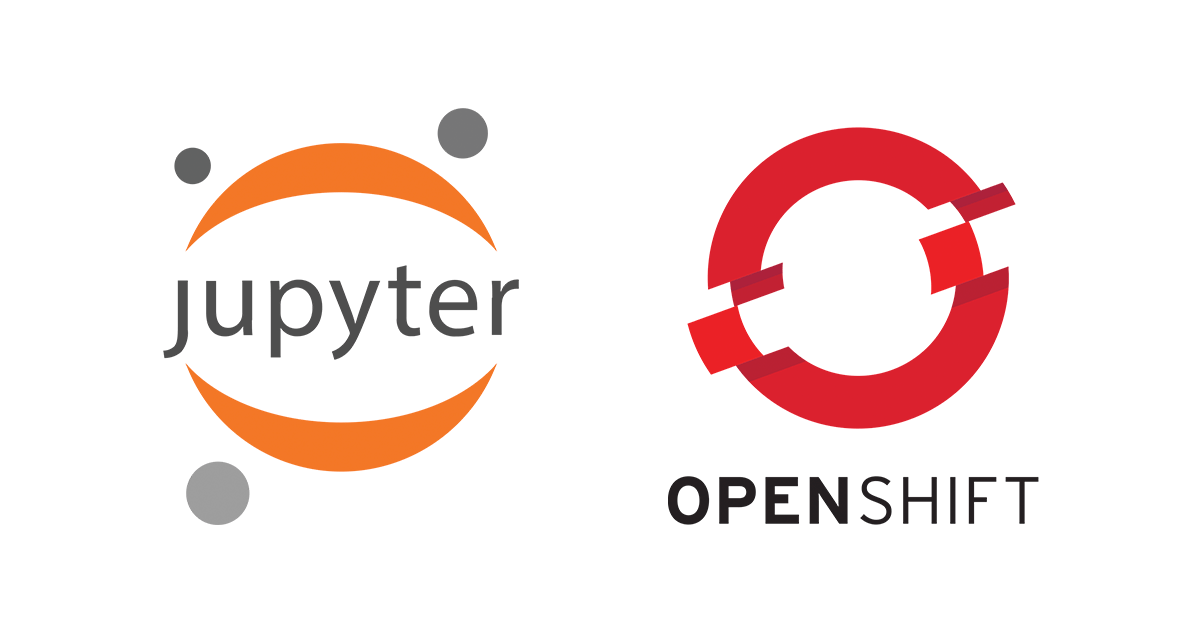
Author David Poole on 14 April 2021 David Poole's blog


Author David Poole on 14 April 2021 David Poole's blog
In this post, I will show you how to make your application data persist by adding a persistent volume claim to an already deployed pod/container.

Author Prodosh Banerjee on 24 March 2021 Prodosh Banerjee's blog
With this blog post, our goal is to help customers to avoid irrecoverable loss of data and computing resources, by making sure they have considered the scenarios they need to guard against and have recovery plans for these.

Author David Poole on 16 March 2021 David Poole's blog
In this article I demonstrate how to set up an autoscaler to scale up the pods when the CPU usage exceeds a certain threshold and back down again.

Author Prodosh Banerjee on 1 March 2021 Prodosh Banerjee's blog
Customer and other confidential company data is one of the most valuable assets in the digitalized economy. To protect this asset adequately in the cloud, there is currently only one secure strategy: to work with a European owned cloud infrastructure partner.

Author Prodosh Banerjee on 28 January 2021 Prodosh Banerjee's blog
The Kubernetes cloud is the perfect infrastructure for microservices architecture. It provides an out-of-the-box solution to get you up and running quickly on a managed public or on a dedicated private Kubernetes/OpenShift cluster.

Author Gerald Dürr on 26 November 2020 Gerald Dürr's blog
Sharing documents with colleagues, customers and suppliers while collaborating on them is part of everyday life in many companies. But is this data exchange also secure?

Author Prodosh Banerjee on 30 July 2020 Prodosh Banerjee's blog
Use cases for home office, customer interactions, team meetings, bilateral, formal and supplier interactions are determining the requirements for remote working.

Author David Poole on 16 June 2020 David Poole's blog
JupyterLab is the most widely used data science / machine learning IDE. Deploying it on OpenShift / Kubernetes adds another layer of flexibility in terms of convenience, resource allocation and horizontal scaling across user groups.

Author Gerald Dürr on 12 May 2020 Gerald Dürr's blog
The Covid 19 pandemic is accelerating the digitalisation of the economy and society on an unprecedented scale. Cloud services are proving to be a fast and efficient solution in this phase. What does this mean for companies?

Author Prodosh Banerjee on 10 March 2020 Prodosh Banerjee's blog
The Safe Swiss Cloud management team took a number of steps to ensure business continuity during the virus outbreak. Our first priority was to take measures to reduce risk to the health of our employees. Secondly to ensure that all our services and support would continue to function without interruption.
| Cookie | Duration | Description |
|---|---|---|
| cookielawinfo-checkbox-analytics | 1 year | Set by the GDPR Cookie Consent plugin, this cookie is used to record the user consent for the cookies in the "Analytics" category . |
| cookielawinfo-checkbox-marketing | 1 year | This cookie is set by the GDPR Cookie Consent plugin to store the user consent for the cookies in the category "Marketing". |
| cookielawinfo-checkbox-necessary | 1 year | Set by the GDPR Cookie Consent plugin, this cookie is used to record the user consent for the cookies in the "Necessary" category . |
| JSESSIONID | session | Used for Cross Site Request Forgery (CSRF) protection |
| sdsc | session | Signed data service context cookie used for database routing to ensure consistency across all databases when a change is made. Used to ensure that user-inputted content is immediately available to the submitting user upon submission |
| viewed_cookie_policy | 1 year | The cookie is set by the GDPR Cookie Consent plugin to store whether or not the user has consented to the use of cookies. It does not store any personal data. |
| Cookie | Duration | Description |
|---|---|---|
| _ga | 2 years | The _ga cookie, installed by Google Analytics, calculates visitor, session and campaign data and also keeps track of site usage for the site's analytics report. The cookie stores information anonymously and assigns a randomly generated number to recognize unique visitors. |
| _ga_D83559EP8M | 2 years | This cookie is installed by Google Analytics. |
| browser_id | 5 years | This cookie is used for identifying the visitor browser on re-visit to the website. |
| split | 1 month | This cookie is used to evaluate the changes to the website by checking which multivariate test the user takes part in. |
| Cookie | Duration | Description |
|---|---|---|
| bcookie | 1 year | Browser Identifier cookie to uniquely indentify devices accessing LinkedIn to detect abust on the platform and diagnostic purposes |
| bscookie | 1 year | Used for remembering that a logged in user is verified by two factor authentication |
| lang | session | Used to remember a user's language setting to ensure LinkedIn.com displays in the language selected by the user in their settings |
| li_gc | 6 months | Used to store consent of guests regarding the use of cookies for non-essential purposes |
| li_mc | 6 months | Used as a temporary cache to avoid database lookups for a member's consent for use of non-essential cookies and used for having consent information on the client side to enforce consent on the client side |
| lidc | 24 hours | To facilitate data center selection |